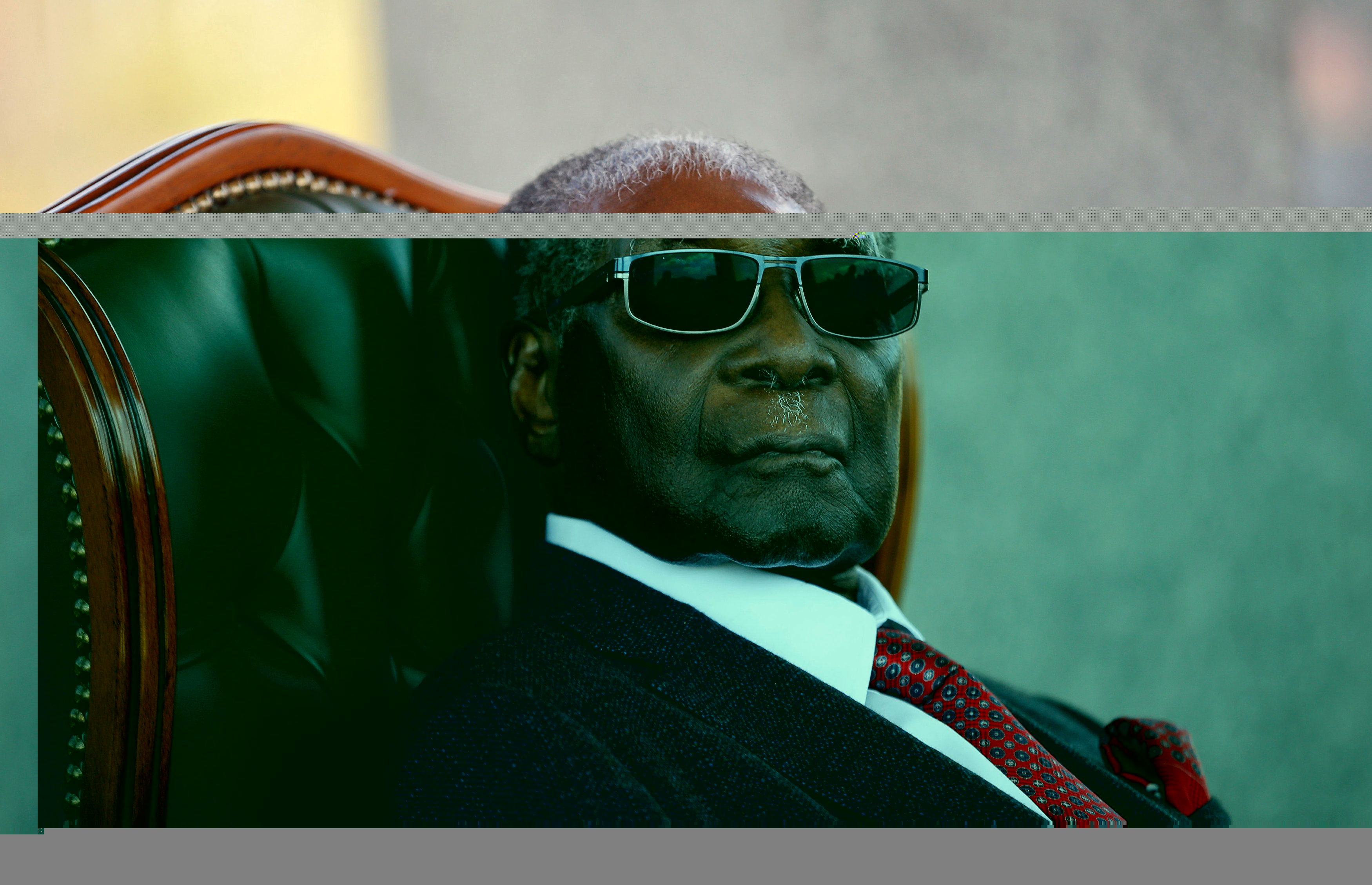
In the vast and diverse tapestry of African politics, the hunger for power among its leaders often looms large, shaping the continent's governance and development trajectories. From the legacy of colonialism to modern-day challenges, several factors contribute to this phenomenon, painting a complex picture of ambition, opportunity, and consequence.
Historical Context:
Africa's colonial past plays a pivotal role in understanding its contemporary political dynamics. The scramble for Africa by European powers left a legacy of artificial borders, often dividing communities and fostering ethnic tensions. This historical baggage has influenced power dynamics, with leaders sometimes leveraging these divisions to consolidate their authority.
Political Legacy:
Post-independence, many African nations experienced a wave of authoritarian regimes, where leaders clung to power, often through undemocratic means. This era left a legacy of strongman politics, where the desire for power and its trappings became deeply ingrained in the continent's political culture.
Economic Incentives:
Power often comes with economic benefits. African leaders have been known to amass vast personal wealth through corruption and mismanagement of public resources. This creates a cycle where the allure of power, and its associated wealth, becomes a driving force for leaders to remain in office.
Challenges of Leadership Succession:
Africa has seen its fair share of leaders who are reluctant to step down, leading to contested elections, political instability, and even violence. The lack of clear mechanisms for peaceful leadership transitions has perpetuated a culture where leaders are reluctant to relinquish power, fearing reprisals or loss of influence.
Regional and Global Influence:
In a rapidly changing global landscape, African leaders often seek power to assert their countries' influence regionally and globally. This drive for influence can manifest in various forms, including diplomatic initiatives, economic partnerships, and participation in international organizations.
The Role of Democracy:
Despite these challenges, democracy has made significant strides in Africa, with many countries holding regular elections. However, the quality of democracy varies widely, and the hunger for power can sometimes undermine democratic principles, leading to questions about the legitimacy of some leaders.
Conclusion:
The hunger for power among African leaders is a multifaceted phenomenon, shaped by historical, political, economic, and global factors. While some leaders may genuinely seek to improve their countries' fortunes, others are driven by personal ambition and the allure of power. Addressing this issue requires not only institutional reforms but also a shift in political culture towards greater accountability, transparency, and respect for democratic principles. Only then can Africa's leaders truly serve the interests of their people, rather than their own hunger for power.